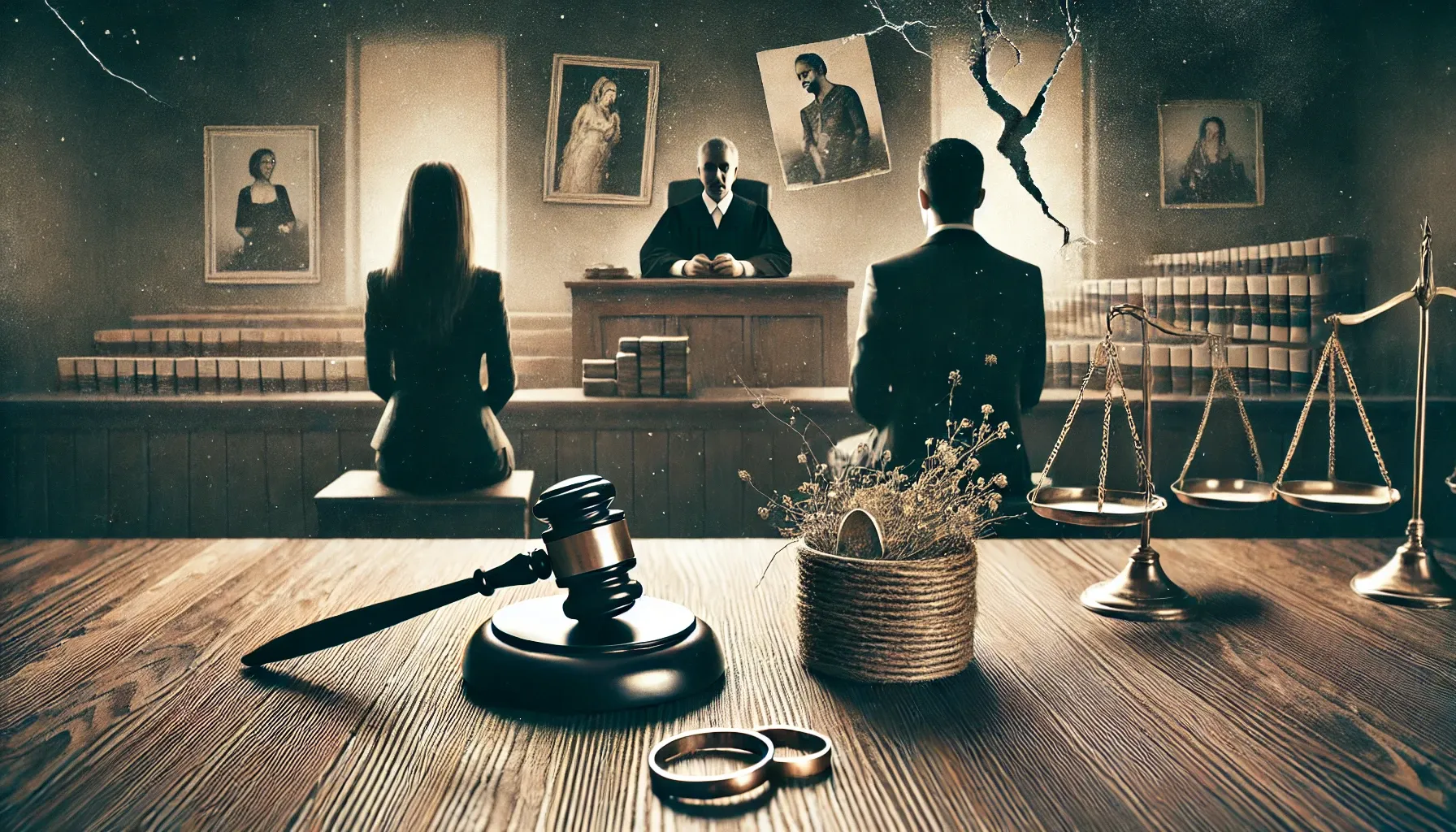The Supreme Court highlights that marriages built on trust and companionship lose their essence when these elements are absent, turning the union into a mere legal formality. The judgment addresses prolonged separation and mental cruelty.

In a pivotal judgment, the Supreme Court of India reiterated that marriage, fundamentally built on mutual trust, companionship, and shared experiences, loses its essence when these elements are missing for a prolonged period. The Court emphasized that when a marital bond is reduced to a mere legal formality, prolonged separation and inability to reconcile become critical factors in resolving matrimonial disputes.
Key Observations by the Court
- A bench comprising Justice Vikram Nath and Justice Prasanna B. Varale stated: “Marriage is a relationship built on mutual trust, companionship, and shared experiences. When these essential elements are missing for an extended period, the marital bond becomes a mere legal formality devoid of any substance.”
- The Court noted that prolonged separation coupled with an irretrievable breakdown of the marriage must be considered while deciding matrimonial disputes.
Case Background: Mental Cruelty and Prolonged Separation
The case involved an appeal filed by a woman challenging a High Court’s judgment granting a decree of divorce to her husband on the grounds of mental cruelty.
- Mental Cruelty Proven: The respondent demonstrated that the appellant’s behavior caused immense mental and emotional distress. This included filing false criminal complaints against the respondent and his family, which strained their relationship and tarnished his reputation.
- Two Decades of Separation: The couple had been living separately for over 20 years, further cementing the Court’s conclusion that their marriage was no longer viable.
Irretrievable Breakdown of Marriage
While irretrievable breakdown of marriage is not explicitly recognized as a statutory ground under the Hindu Marriage Act, the Court invoked its powers under Article 142 of the Constitution to grant relief in cases where the marriage is beyond repair.
- The Court observed: “Prolonging a dead marriage serves no interest and only perpetuates the agony of the parties involved.”
- Quoting from Ashok Hurra vs. Rupa Bipin Zaveri and Shilpa Sailesh vs. Varun Sreenivasan, the bench underscored that forcing a marriage to continue when it has become a source of unhappiness and conflictundermines the purpose of the institution.
Court’s Conclusion
- The evidence pointed to an irretrievable breakdown of marriage due to prolonged separation and legal disputes.
- The Court stated: “Forcing a marriage to continue when it has become a source of unhappiness and conflict undermines the very purpose of the institution of marriage. In the present case, the interests of both parties are best served by allowing them to move on with their lives independently.”
Implications of the Judgment
- This judgment reinforces the Supreme Court’s evolving approach to matrimonial disputes, acknowledging the need for dignity and autonomy for both spouses.
- It sets a precedent for utilizing Article 142 to dissolve marriages where reconciliation is impossible, even if statutory grounds under the Hindu Marriage Act are not explicitly met.





